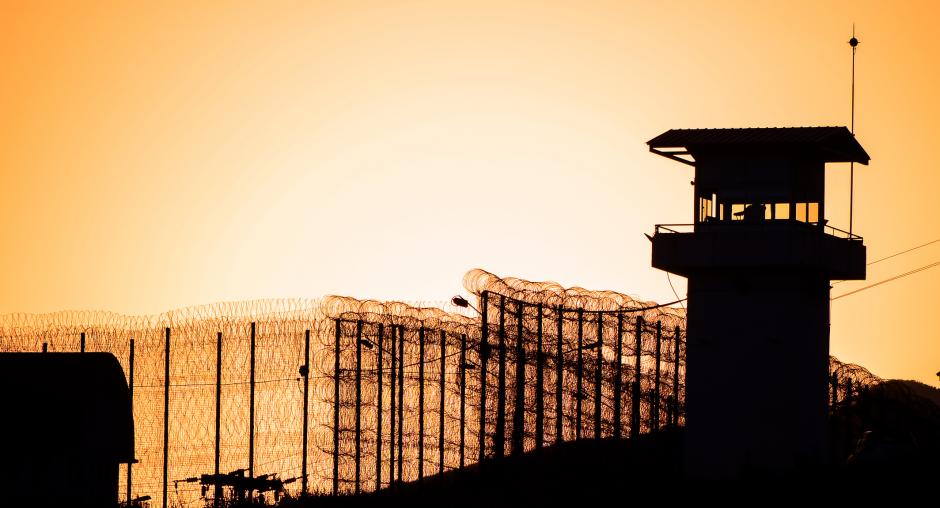Measures to end trade in torture tools in OSCE region focus of expert discussion in Warsaw

Existing regional processes to control the trade of equipment that was designed or can be used for torture or other ill-treatment was the focus of an event organized by the Office for Democratic Institutions and Human Rights (ODIHR) and the Omega Research Foundation on 12 September 2018, during the OSCE Human Dimension Implementation Meeting in Warsaw.
Expert speakers, representing the European Union, the Parliamentary Assembly of the Council of Europe (PACE), OSCE participating State delegations, and other participants discussed existing measures to prevent the manufacture, supply and use of inherently abusive equipment and to control equipment that is frequently used inappropriately in violation of human rights.
“This is an area which for many years received little attention compared to other aspects of torture prevention,” said Stephanie Selg, the ODIHR Adviser on Torture Prevention. “We are glad to start a constructive dialogue with OSCE participating States and civil society organizations in our region on the issue of trade in tools of torture and existing processes to regulate the trade of such tools on the regional and international level. This discussion is important to further assist participating States in fulfilling their commitment to preventing and eradicating torture.”
The event sought to encourage participating States and civil society to elaborate on actions and activities already underway in this area, and to explore how OSCE participating States could add to the regional and global movement to restrict trade in torture tools, including the global Alliance for Torture-Free Trade.
“The Omega Research Foundation has documented the manufacture, trade and use of tools of torture in the OSCE region,” said Matthew Mcevoy, Research Associate at the Omega Research Foundation. “We encourage OSCE participating States to continue engaging with ODIHR and civil society to establish more effective means of controlling this trade.”
